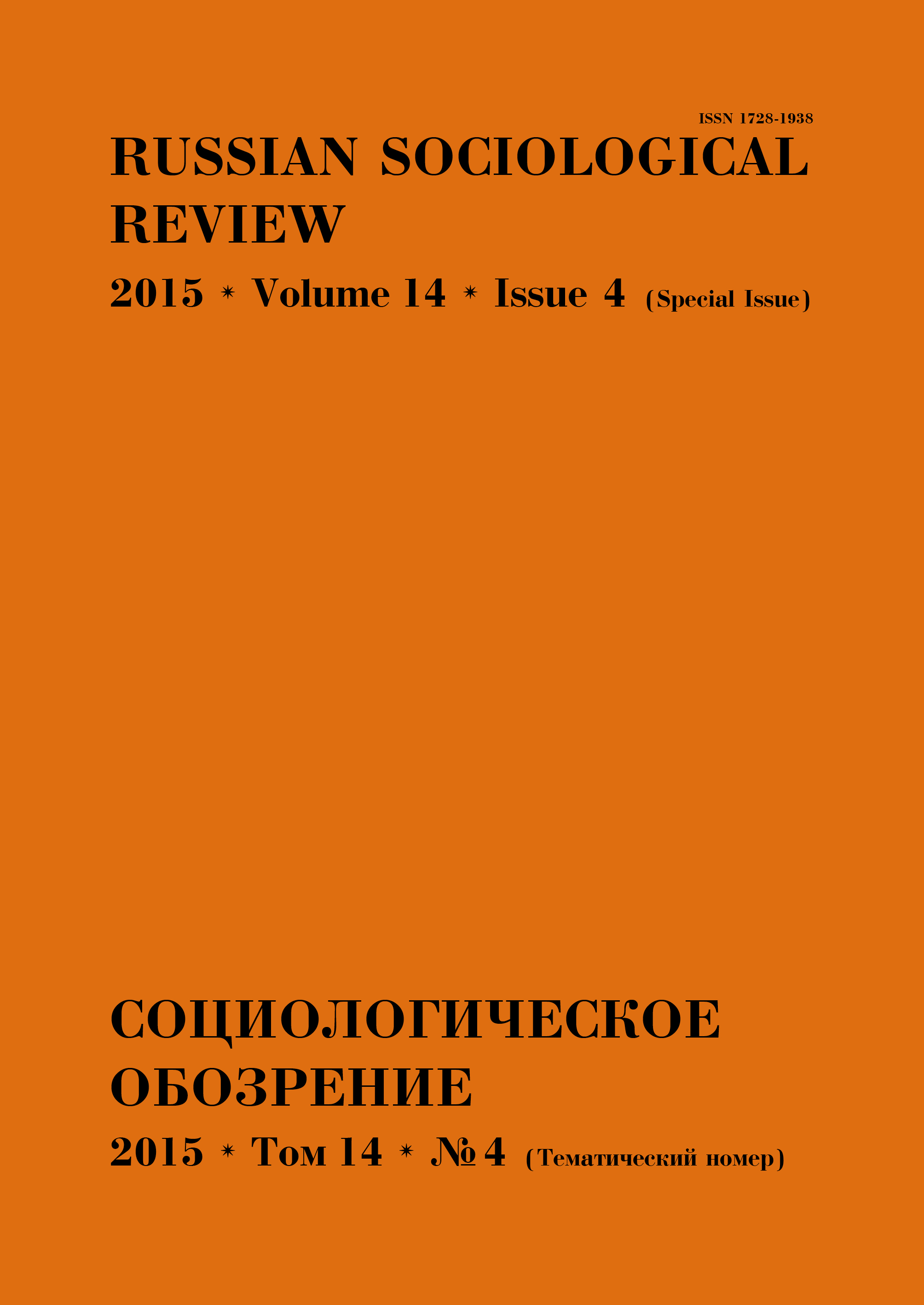The Philosophical Foundations of the Russian Sociology of War at the Turn of the 19th and 20th Centuries
Keywords:
philosophy of war, sociology of war, military sciences, Genrih Leer, Nikolay Korf, Pitirim Sorokin, Nikolay Golovin
Abstract
In this article, we are interested in the philosophical foundations of the Russian sociology of war. The philosophical foundations of science and humanities belong to the meta-theoretical level of knowledge and leave their imprint on the theoretical and empirical levels of research. The philosophical foundations involve ontological, epistemological, axiological, and methodological underpinnings. The study of these aspects reveals the following features of the sociology of war: general ideas about the nature of the phenomenon of war; criteria of veracity of knowledge in the sociology of war; rules for forming the source and derived concepts and assertions; and methods of discovery and development of new and true knowledge. The sociology of war as a new direction of social and humanities studies appeared in Russia at the end of the 19th century. It was the result of two processes taking place in philosophy. On the one hand, the appearance of the sociology and psychology of war was a logical step in the development of Russian military thought. The evolution of this branch of knowledge in Russia of the 19th century made researchers treat war as a social phenomenon. Also, the rapid development of the doctrine of positivism and the birth of sociology in the middle of the 19th century attracted the attention of many military and civil professors and academics.Downloads
Download data is not yet available.
Published
2015-12-23
How to Cite
ЛуньковА. (2015). The Philosophical Foundations of the Russian Sociology of War at the Turn of the 19th and 20th Centuries. Russian Sociological Review, 14(4), 150-172. Retrieved from https://ojs.hse.ru/index.php/sociologica/article/view/53
Issue
Section
Review essays




